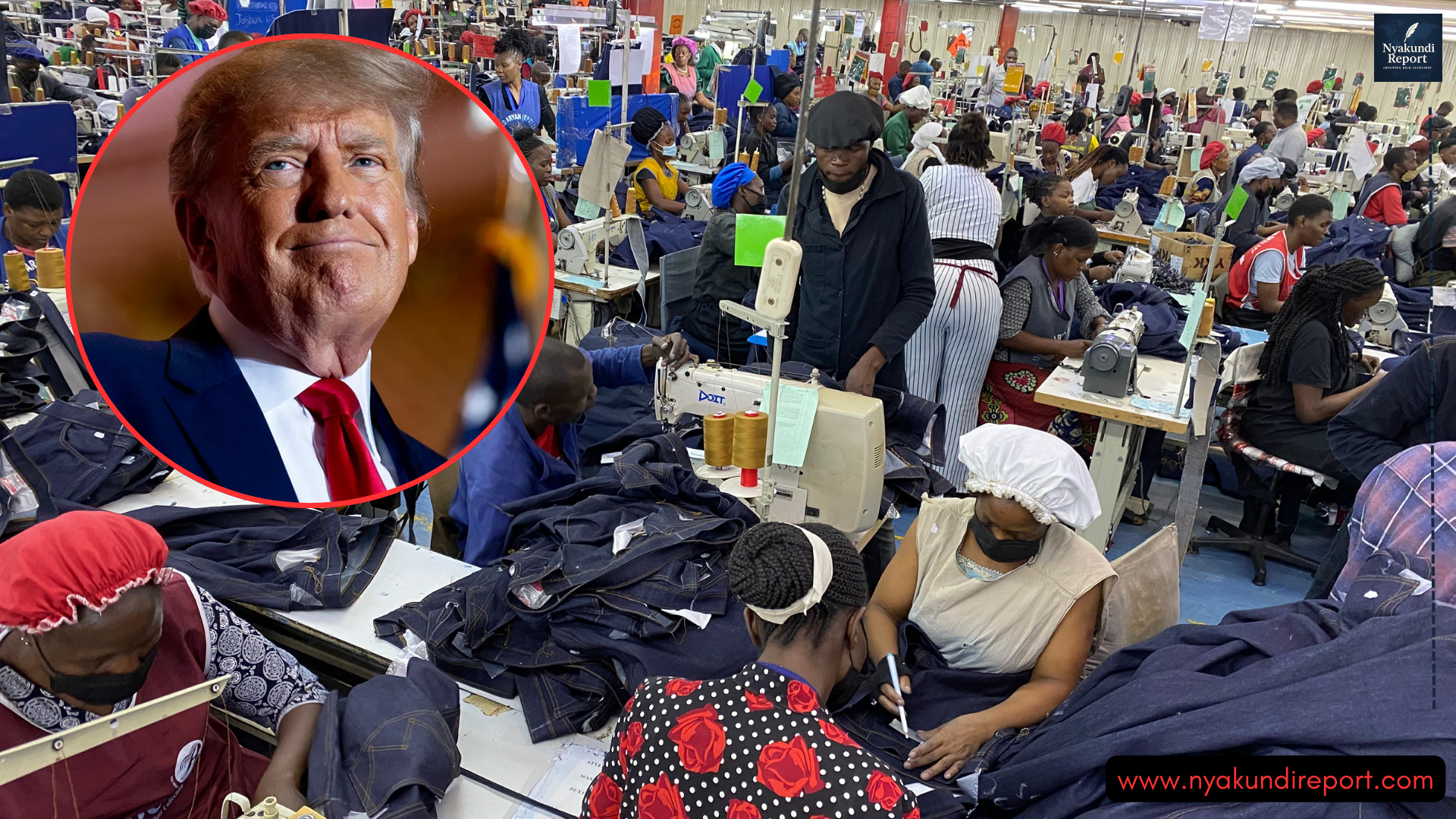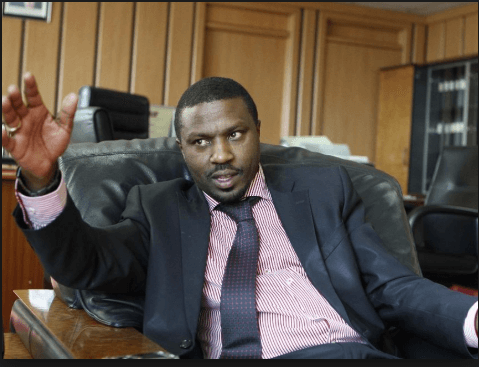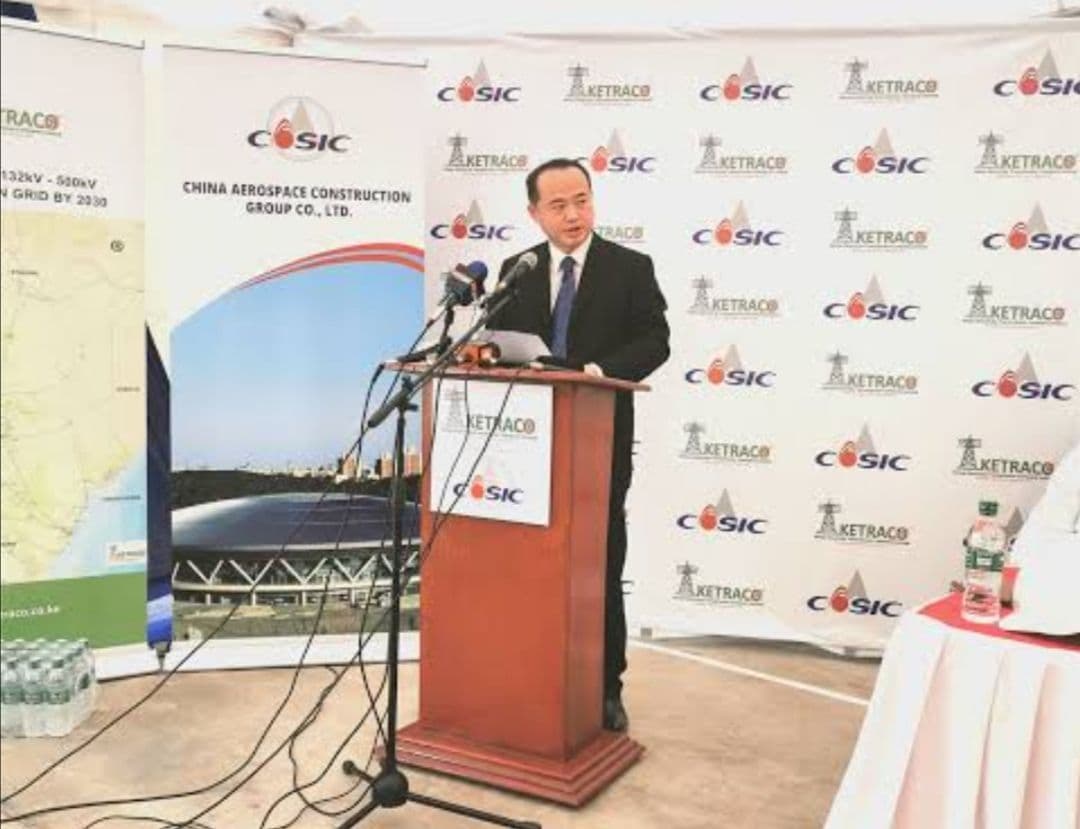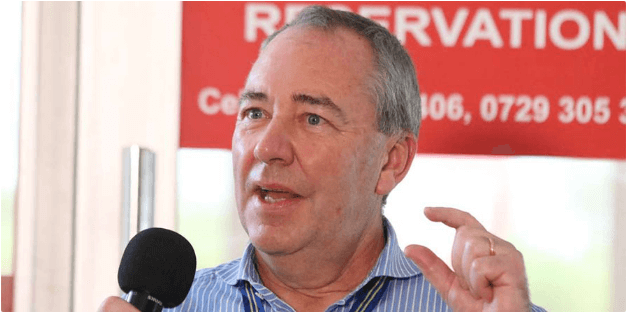The United States Embassy in Nairobi has announced the suspension of some of its operations following a lapse in appropriations in Washington, a crisis that has triggered a partial shutdown of government services.
In a notice issued Wednesday, the embassy said its official X account would not be updated regularly until full operations resume. The only exceptions will be urgent safety and security alerts for U.S. citizens and residents in Kenya.
Less than a year into his presidency, Donald Trump’s U.S. government has shut down, effective midnight. This leaves the future of bilateral relations with Kenya, currently at a critical stage of negotiation, hanging in limbo.
The shutdown comes from a bitter standoff between Trump’s Republican Party and Democrats in Congress, each side accusing the other of blocking progress on healthcare, spending, and foreign aid. A temporary deal was on the table to extend funding for federal operations for seven weeks, but talks collapsed before lawmakers could reach an agreement.
For Kenya, the impact could be severe. From suspended aid to slowed trade talks, the shutdown threatens to derail years of progress between Washington and Nairobi.

How Kenya is Affected When the US Govt Shuts Down
Kenya is among the countries that may face major consequences from funding cuts pushed under Trump’s administration. Democrats had demanded the restoration of billions of dollars in healthcare and development spending, but the White House rejected those calls.
U.S. funding to NGOs, development partners, and global programs in Kenya now faces delays, reassessment, or suspension. This could affect critical areas such as health, education, and food security.
President William Ruto met with U.S. Secretary of State and National Security Advisor Marco Rubio during the UN General Assembly in New York last week, hoping to secure progress on key trade talks. But the shutdown has thrown those discussions into doubt.
Economically, the crisis could shake investor confidence. Analysts warn of possible currency volatility, weaker foreign exchange positions, and delayed trade agreements such as the renewal of the African Growth and Opportunity Act (AGOA). Kenyan manufacturers, already under pressure from Trump’s tariff threats, have asked for a one- to two-year extension of AGOA following its expiry this week.
The fear is that if the shutdown drags on, it could trigger a downgrade of the U.S. credit rating, like what happened in 2011. That kind of global financial uncertainty would hit Kenya hard, raising borrowing costs and weakening the shilling.
How AGOA Renewal Hangs in the Balance
Kenya’s textile and manufacturing industries rely heavily on AGOA access to U.S. markets. With the program’s expiry coinciding with Washington’s shutdown, the timing could not be worse.
Kenyan manufacturers, alongside other African exporters, lobbied U.S. lawmakers in a last-minute push to secure an extension. But with Congress paralyzed and federal operations frozen, the fate of AGOA remains unclear.
The shutdown delays critical discussions and approvals that Kenya needs to keep its products competitive in U.S. markets. Without action, thousands of jobs in Kenya’s export sectors may be at risk.
Aid and Development Programs Face Delays
Beyond trade, U.S. aid has played a vital role in Kenya’s development programs, from healthcare to food security. With the shutdown, funding flows could dry up, leaving NGOs and local partners stranded.
Programs fighting malaria, HIV/AIDS, and hunger depend heavily on U.S. government funding. Any prolonged disruption could weaken Kenya’s social safety nets and threaten lives.
For Kenyan families already grappling with high living costs, a disruption in donor support could deepen poverty levels and strain public health services.
Global Markets React to the Shutdown
Markets worldwide are watching closely. A prolonged shutdown in the U.S. could shake investor confidence, trigger dollar volatility, and raise global interest rates.
For Kenya, this means higher import costs, expensive loans, and delays in foreign investment. The Nairobi Securities Exchange could also feel the heat as investors pull back from emerging markets.
Economists warn that a repeat of the 2011 downgrade in U.S. credit ratings would ripple across the globe, and Kenya’s fragile economy would not be spared.
Wrapping Up
The U.S. government shutdown is more than just a political battle in Washington. It has real consequences for Kenya, from trade and aid to investment and stability. Trump’s hardline stance, coupled with bitter partisan fights in Congress, risks undoing years of cooperation between Nairobi and Washington.
For now, Kenya waits—its future deals in limbo, its trade programs under threat, and its citizens caught in the fallout of a superpower’s political gridlock.











































